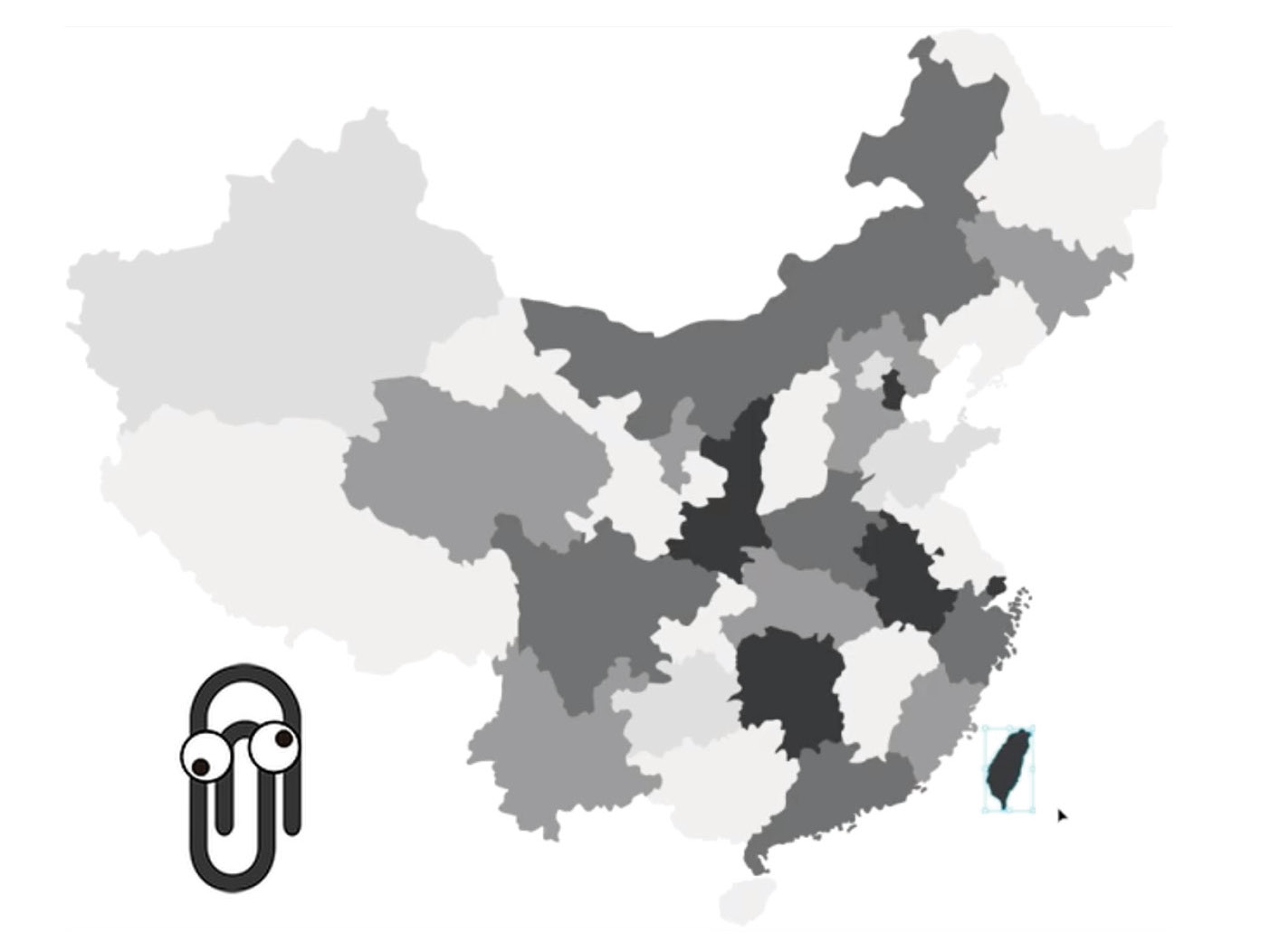Popular Chinese science channel, praised for COVID-19 video, falls victim to nationalists

With COVID-19 at its peak in February, authorities in China found themselves fighting on two fronts: the disease itself, and also a rash of misinformation flooding the internet. When Wú Sōnglěi 吴松磊 and his colleagues at PaperClip (回形针 huíxíngzhēn), a China-based popular science video team, published a 10-minute clip explaining the novel coronavirus using facts, visuals, and statistics, it quickly attracted more than 100 million views.
PaperClip’s concise, informative animated explainer was highly praised last month, but the platform’s increased attention opened it up to detractors. On Saturday, it released another video on deforestation, linking the health of Amazon forests to dairy consumption around the globe, and the response was not so kind. In calling out Chinese consumers for their high demands — “Brazilian soybeans can’t cut their production because they must fight for the world’s largest buyer: China,” the narrator says — it invited a flurry of criticism that it was being “anti-China.”
“In the era of economic globalization, when a butterfly in Brazil flaps its wings, it may not cause a tornado in Texas. But our meat, egg, and dairy consumption can effectively decide the life and death of Brazilian forests,” the video concludes.
Despite the factual nature of the video, many Chinese viewers accused PaperClip of “insulting China.” Furious Chinese conservatives pointed to the fact that the video was produced in partnership with the World Wildlife Fund, an international NGO, and alleged it was part of a foreign agenda to denigrate China. This sentiment was amplified by Bilibili’s danmu (or danmaku) feature, which allows users to post comments over the video player. Viewers can see comments such as “What’s wrong with Chinese people eating meat?” and “Why don’t you criticize Europeans and Americans?” scroll across the screen.
(Here’s a YouTube version of the original clip with danmu on.)
Under this deluge of criticism, PaperClip removed the video from Bilibili on Sunday, though it can still be watched on YouTube:
PaperClip has more than 2 million subscribers on Bilibili alone and close to 4 million followers on Weibo. The producers responded that its video didn’t blame China for its soybean consumption per se, but rather used China as an example because its audience is predominantly Chinese. Though PaperClip insisted it was a misunderstanding, fiery nationalists wouldn’t be placated. As they scrutinized PaperClip’s past videos, some found a June 2019 clip that left Taiwan out of the Chinese map — a red flag for China’s internet censors.
Viewers also noticed that the video’s Bilibili version used the approved map — which includes Taiwan — while the version on YouTube did not. They accused PaperClip of creating a separate edition catering to the Taiwanese audience.
Wu Songlei, the founder of PaperClip, clarified on Sunday that the video did originally include Taiwan, but its color blended into the background, which the team failed to notice until Bilibili’s censors took it down. Though they edited the clip and re-uploaded it to Bilibili, PaperClip never bothered to switch the files on other platforms, for which the producers apologized.
This was, in fact, a reasonable explanation, because not only is the version on Weibo the same as the one on YouTube, but the officially-approved map appears in another scene in the original video.
Wu also provided a screen recording to prove that Taiwan had indeed been on the map. “We absolutely did not purposefully change the map or create a special version for the foreign internet,” he said.
Still, to pay some unspoken penance, Wu vowed to stop releasing videos for a month and “review all video content involving maps.”
We don’t know the demographics of PaperClip’s audience, but Bilibili is somewhat notorious for its videos promoting popular youth culture and stoking the rise of nationalism and populism among young Chinese. Although nationalists weaponize censorship, threatening to report content creators to government agencies, there is no evidence that officials get involved in these online skirmishes. China’s content creators all know that careless oversight regarding sensitive political matters can be fatal — it’s a risk that many can’t afford to take.
“PaperClip never discusses politics in its videos,” one commentator wrote in a viral WeChat post. “But they failed to realize that everything is politics.”






